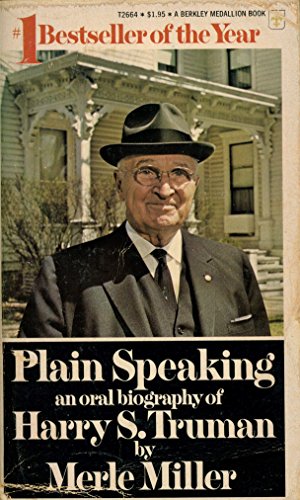
In 1971, Miller wrote a widely discussed essay for The New York Times Magazine, ''What It Means to Be a Homosexual,'' which, he said, brought him more than 2,000 letters, many of them from other homosexuals thanking him for helping to restore their self-respect. Johnson's parliamentary achievements and calling him ''one of the most complex, fascinating Presidents of all time.''

Although he said he began the biography disliking the former President, in part because Miller was an outspoken opponent of the Vietnam War, he ended up appreciating Mr. His Johnson biography, a book for which he conducted 180 interviews and consulted almost 400 oral histories, was a best seller in 1980. It was adapted from an abortive television series for which the former President spent many hours in the early 1960's talking with Miller, the researcher and writer for the project. The first of them, ''Plain Speaking: An Oral Biography of Harry S. Oral biographies accounted for his greatest success. His other novels included ''A Day in Late September,'' set in suburban Connecticut on a Sunday in September 1960, ''The Sure Thing,'' ''Reunion,'' and his masterwork, the monumental "A Gay and Melancholy Sound" (1960). His first, ''That Winter'' (1948), was considered one of the best novels about the postwar readjustment of World War II veterans. Merle Miller, born in Montour, Iowa, wrote almost a dozen books, including more than half a dozen novels.


 0 kommentar(er)
0 kommentar(er)
